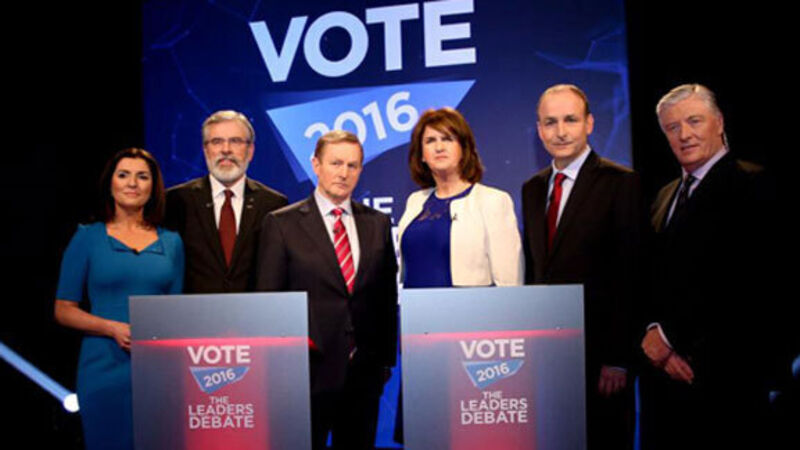The rules of interrogation have changed for the body politic

Not joking you, the cat and the budgie are driving me to drink. Every time the man in my life turns on the television, there they are. One unappealing and somewhat menacing cat. One inconsequential canary. The first time I saw them, I didn’t realise it was an ad. I thought maybe I’d happened upon a documentary and was transfixed by them being so close to each other with the implicit danger to the tiny bird. Maybe the cat grew up with this canary. Maybe they go back to when they were kitten and egg, so to speak, but don’t tell me even the most budgie-friendly cat won’t have a sudden regression to feral feline if it’s a bit peckish and a trustful budgie is within paw-swipe.
As the days went on, I realised it was an ad and further realised that it was probably the most annoying ad ever made, predicated as it is on the bird and the cat making their typical noises at high volume at their male owner until he eventually gets the message that his electricity is cheaper as a result of his wife shifting from one energy supplier to another. Cheep/purr. Cheep/purr. Got that, have you?












